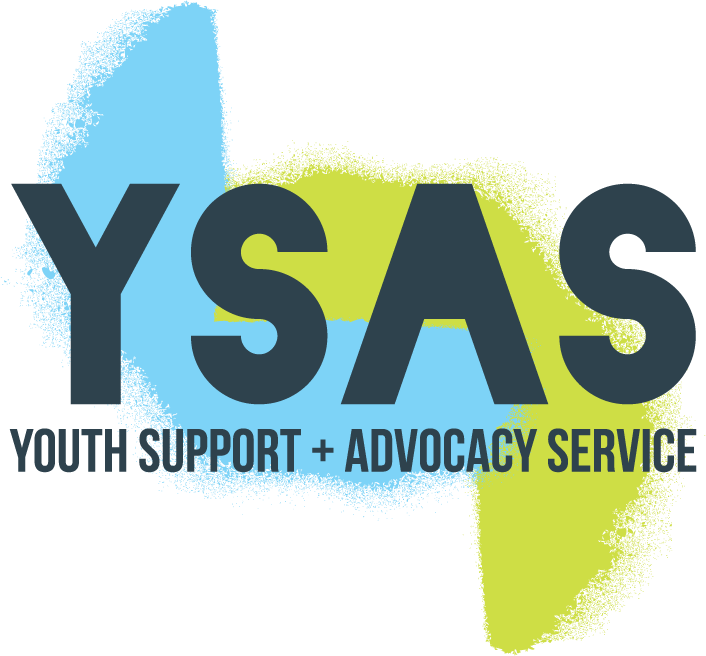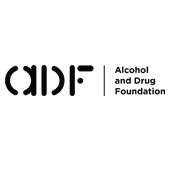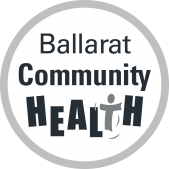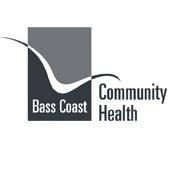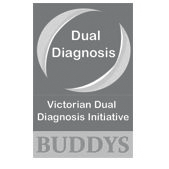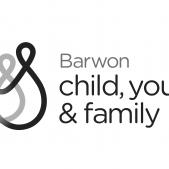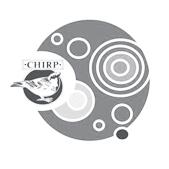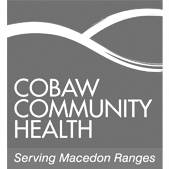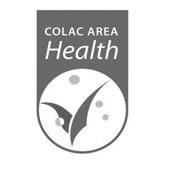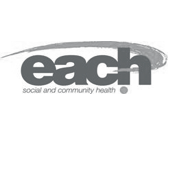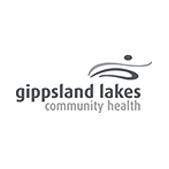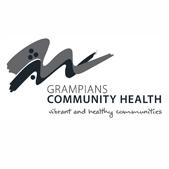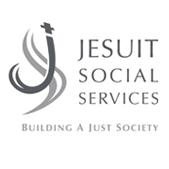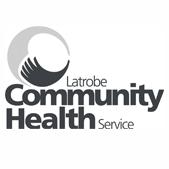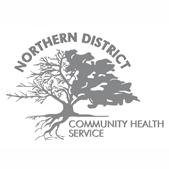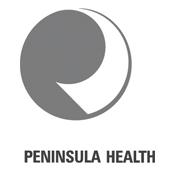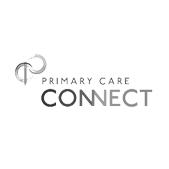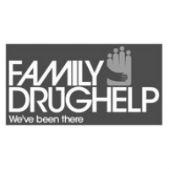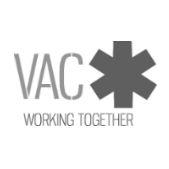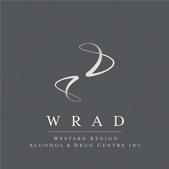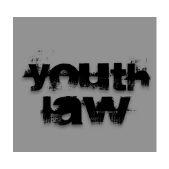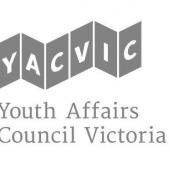Youth AOD Work
What is evidence based practice?
It is virtually impossible to support young people, or work in a health related profession without hearing the term “Evidence based practice”.
It makes sense. We owe it to the young people we work with and it should be a universal requirement that we account for the work we do and ensure we can justify our practice.
Evidence based practice is most commonly conceptualised as practice based on evidence gathered from research. So if a particular program or interventions is evaluated or researched and shown to have good results then there is evidence for this program or intervention and replicating it means that the resulting practice is evidence based.
This doesn’t mean that everything we do has to have come from a piece of research that says it worked and in fact there can be issues with applying only this definition of evidence based practice. For instance:
- The research about a particular program or intervention may have occurred in a different time, place and with different people compared to the circumstances surrounding your clients.
- Certain approaches have more empirical evidence because they are researched more. They are researched more because they lend themselves well to research (if they are easily manualised and easily delivered in a uniform way), not because they are more effective.
- Other approaches may be harder to measure, are researched less and so have less evidence even if they seem to offer good results.
So although evidence based practice should definitely draw from the best available research evidence, we suggest a more integrative approach to evidence based practice and a richer description of evidence. Anyway, just relying on evidence drawn from research means trying something innovative or new may be hard.
In short, practice should be based on:
Research evidence.
The best available data regarding what has been shown to work.
Practice wisdom.
Which is consensus regarding the best approaches to practice as well as allowing for professional judgement of practitioners and workers.
Theory.
An understanding of what should work given our understanding of theories such as adolescent development and how psychosocial issues develop and are resolved.
Client preferences and characteristics.
An understanding of what the particular needs and strengths of clients are, their personal preferences and what they suggest works in services for them.
A combination and the integration of all of these types of evidence contributes to evidence based practice.




